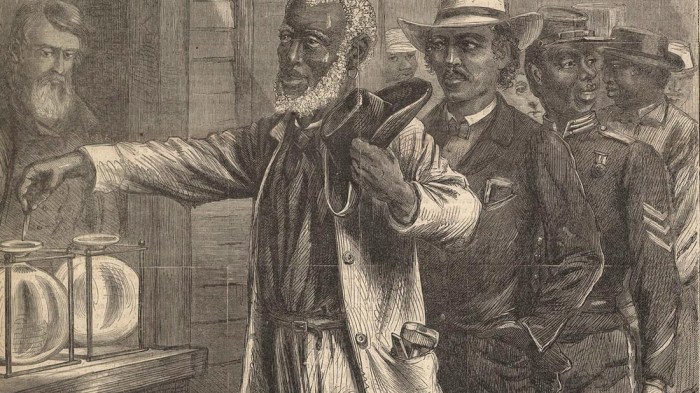Embark on an enlightening journey with our Could I Vote in 1870 quiz, where you’ll delve into the complexities of voting eligibility, methods, and suppression tactics during a pivotal era in American history.
Discover who possessed the privilege to cast a ballot, the challenges they faced, and the impact their votes had on shaping the nation’s political landscape.
Voting Eligibility in 1870
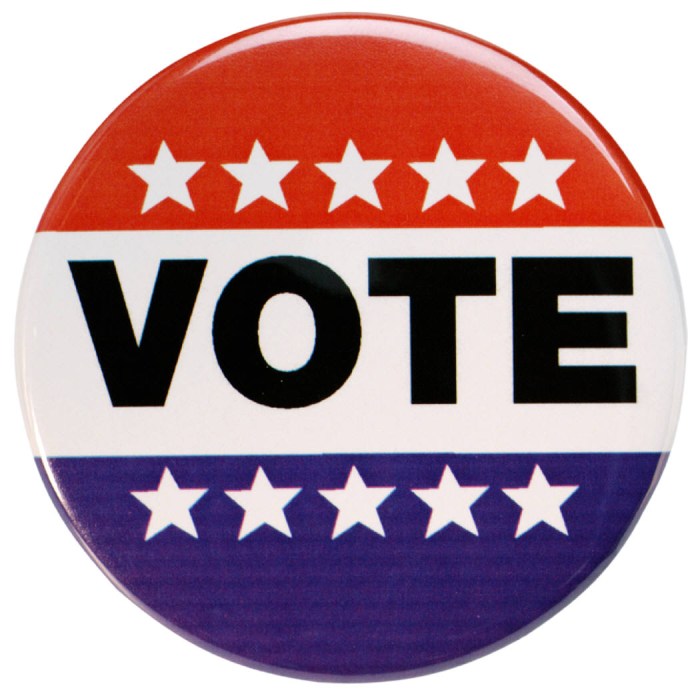
In 1870, the right to vote in the United States was determined by a combination of age, citizenship, and race. To be eligible to vote, an individual had to meet the following requirements:
Age
The minimum voting age in most states was 21 years old. However, some states, such as New York and Pennsylvania, allowed males as young as 18 to vote.
If you’re curious about the eligibility criteria for voting in the past, you might wonder, “Could I vote in 1870?” Back then, tensions were high in Europe, a region known as “the powder keg of Europe.” Learn more about this volatile period and its impact on voting rights, including the question of whether you could have cast a ballot in 1870.
Citizenship
Only citizens of the United States were eligible to vote. Naturalized citizens had to have completed the naturalization process and obtained their citizenship papers.
Race
Prior to the passage of the 15th Amendment in 1870, African Americans were generally denied the right to vote in most states. The 15th Amendment prohibited states from depriving citizens the right to vote based on race, color, or previous condition of servitude.
However, many states continued to find ways to disenfranchise African Americans through poll taxes, literacy tests, and other barriers.
Methods of Voting in 1870
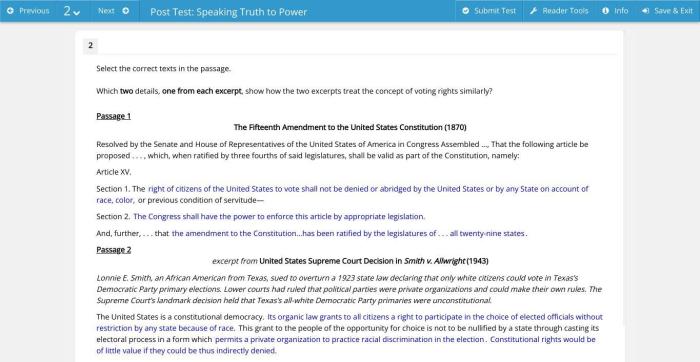
In 1870, there were various methods of voting, each with its own advantages and challenges. Voters could cast their ballots in person at designated polling places, by mail, or through a proxy.
In-Person Voting
The most common method of voting in 1870 was in person at a polling place. Voters would register to vote in advance and then appear at the polling place on Election Day to cast their ballots. In many cases, voters were required to provide proof of their identity and residency.
Mail-In Voting
Mail-in voting was an option in some states in 1870. Voters could request a ballot to be mailed to them, and then they could return the completed ballot by mail. Mail-in voting was often used by voters who lived in remote areas or who had difficulty getting to the polls on Election Day.
Proxy Voting
Proxy voting allowed voters to appoint someone else to vote on their behalf. This was often used by voters who were unable to vote in person, such as those who were out of town or who were ill. Proxy voting was often controversial, as it could lead to fraud and voter suppression.
Challenges and Obstacles, Could i vote in 1870 quiz
Voters in 1870 faced a number of challenges and obstacles, including:
- Voter fraud:Voter fraud was a major problem in the 1870s. This included practices such as impersonating voters, stuffing ballot boxes, and forging signatures.
- Voter suppression:Voter suppression was also a problem in the 1870s. This included tactics such as intimidating voters, denying them the right to register to vote, and purging them from voter rolls.
- Lack of access to polling places:Many voters in 1870 lived in remote areas or had difficulty getting to the polls on Election Day. This made it difficult for them to exercise their right to vote.
Voter Suppression Tactics in 1870
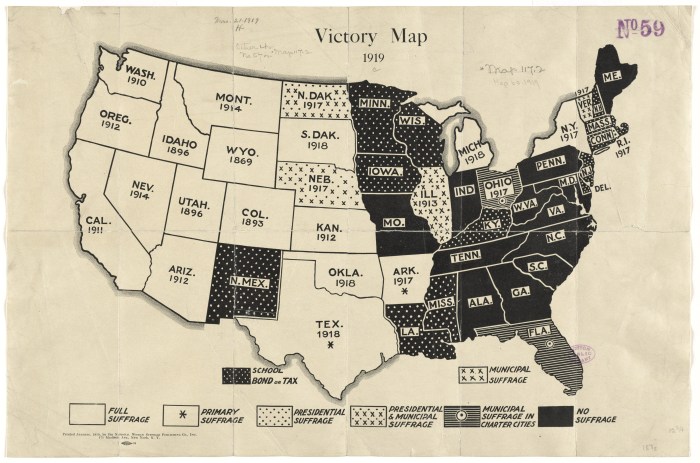
After the ratification of the 15th Amendment, which granted African American men the right to vote, various tactics were employed to suppress their participation in the political process.
One of the most common methods was the imposition of poll taxes, which required voters to pay a fee in order to cast their ballots. This effectively disenfranchised many African Americans, who were often poor and unable to afford the tax.
Literacy Tests
Literacy tests were another common tactic used to suppress the African American vote. These tests required voters to demonstrate their ability to read and write, which many African Americans were unable to do due to lack of access to education.
Intimidation
Intimidation was also used to prevent African Americans from voting. This included threats of violence, economic coercion, and other forms of harassment. In some cases, African Americans were even lynched for attempting to vote.
Efforts to Combat Voter Suppression
Despite these efforts to suppress their vote, African Americans fought back against voter suppression. They organized boycotts, protests, and legal challenges to fight for their right to vote.
The Impact of Voting in 1870
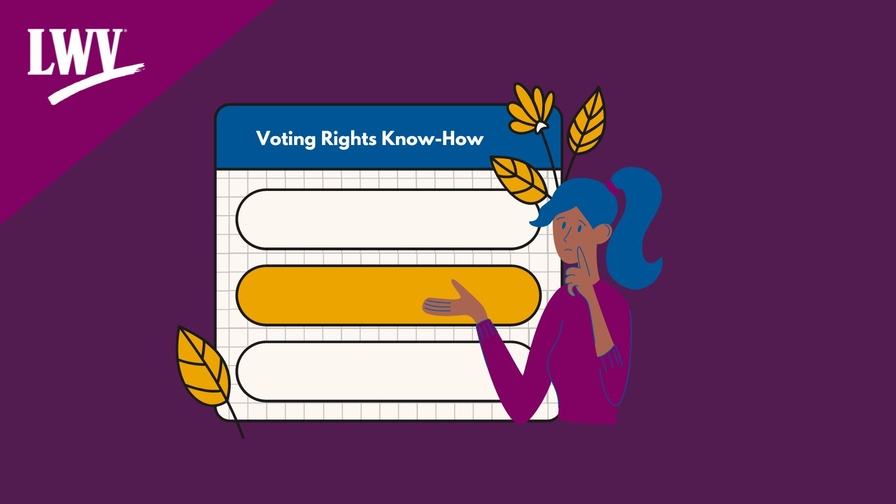
The 1870 elections marked a significant turning point in American politics. The enfranchisement of African Americans had a profound impact on the outcomes of the elections and on the subsequent course of American history.
Role of Voting in Shaping Public Policy and Social Change
The ability to vote is a fundamental right in a democratic society. It gives citizens a voice in shaping the laws and policies that govern their lives. In 1870, the enfranchisement of African Americans expanded the electorate and gave them a greater say in the political process.
This led to a number of changes in public policy, including the passage of the Civil Rights Act of 1875, which outlawed discrimination in public accommodations and transportation.
Significance of Voting Rights in a Democratic Society
The right to vote is essential for a healthy democracy. It ensures that all citizens have a voice in the decisions that are made about their government and their lives. The enfranchisement of African Americans in 1870 was a major step forward in the development of American democracy, and it continues to be a vital part of our political system today.
FAQ Summary: Could I Vote In 1870 Quiz
Who was eligible to vote in 1870?
In 1870, only white male citizens over the age of 21 were eligible to vote.
How did the 15th Amendment impact voting rights?
The 15th Amendment prohibited states from depriving citizens the right to vote based on race.
What were some common voter suppression tactics used in 1870?
Poll taxes, literacy tests, and intimidation were among the tactics used to suppress the vote of African Americans.
